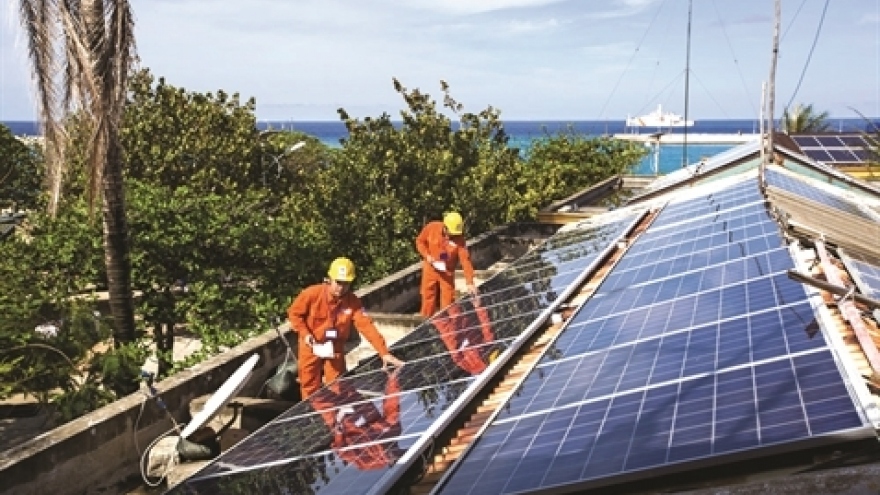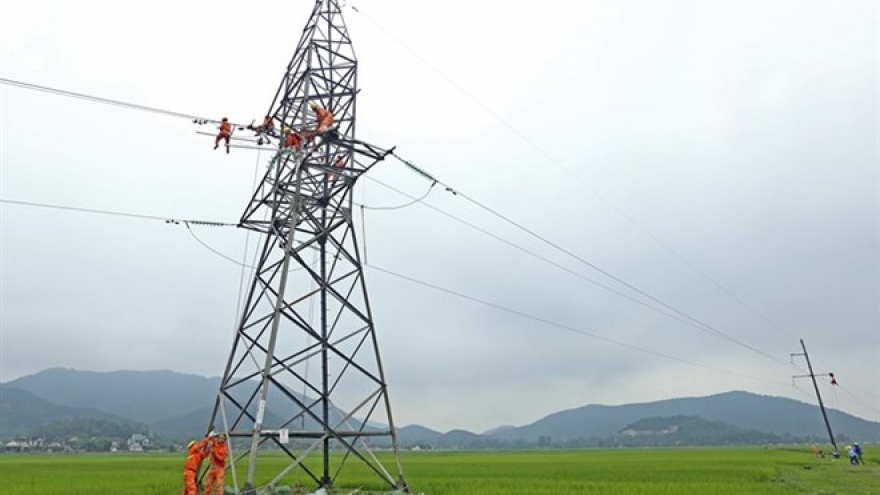Experts fear unchanged monopoly as Vietnam’s sole power utility announces restructure
A state-run company that monopolizes the control of power in Vietnam is set to undergo a restructure which it says will help the electricity market become more competitive, even though experts believe the otherwise.
 |
As part of the restructuring process, the parent firm EVN will remain 100 percent owned by the government.
EVN itself will continue to keep its 100 percent stake in the National Power Transmission Corporation, the National Load Dispatch Center and five other power corporations.
The five companies are the regional EVN subsidiaries for northern, central and southern Vietnam, and for Hanoi and Ho Chi Minh City.
EVN is set to retain a stake of more than 50% in two power construction companies, and at least 51% in three power generation firms, namely the Power Generation Corporations 1, 2 and 3.
Finally, the state-owned conglomerate will divest its entire stake in seven other companies.
Once the restructuring is complete, EVN will be a company specializing in “generating, transmitting, distributing and trading electricity.”
This does not represent a significant change as the state-run company is currently in charge of the complete power market, from generation and transmission to retail.
Experts have expressed concern that even when the restructure is effective as planned, the private sector still has little chance to join the market, helping to offer power with more competitive prices to local consumers.
With EVN remaining the sole power utility, Vietnamese consumers have no choice of where to source electricity for their households and companies, and must accept whatever prices are set by the existing power monopoly.
Well-prepared plan?
Tuoi Tre (Youth) newspaper has brought its concerns to EVN deputy general director Dinh Quang Tri, and was told that experts and members of the public might have misunderstood the plan.
Tri explained that the entities that EVN will retain a 100 percent stake in are all crucial to national energy security and cannot be opened up to private investors.
“The National Power Transmission Corporation is the operator of the national grid, from the 220kV to 550kV systems, which is the backbone of any country’s electricity system,” Tri told Tuoi Tre.
“It plays a crucial role in Vietnam’s eco-social security and therefore has to be owned by the state.”
As for the region-level transmission companies in the three major regions and Hanoi and Ho Chi Minh City, Tri said the government should “exclusively own these firms by default” as “we do not need a private investor to jump in and develop a similar transmission system, which is costly and unnecessary.”
The EVN deputy chief said the market will become more competitive when the state-run company starts selling its stake in the Power Generation Corporations 1, 2 and 3, which are responsible for the generating and retailing sectors.
“These are the most vital sectors of the electricity market,” Tri said.
There are now several power generators in Vietnam, but all of them have to sell electricity to only one buyer, EVN, which then distributes electricity to consumers via the five regional units.
Addressing concerns that as the only buyer, EVN has the power to press generators to sell at low prices, Tri said the prices will be “negotiated with the ultimate goal that consumer rights are protected.”
As for criticism that the restructure opens limited opportunity for the private sector to enter the power market, Tri said private companies can take part through the BT (build – transfer) scheme.
“Private companies can build facilities for power transmission and transfer to EVN subsidiaries,” he said.



